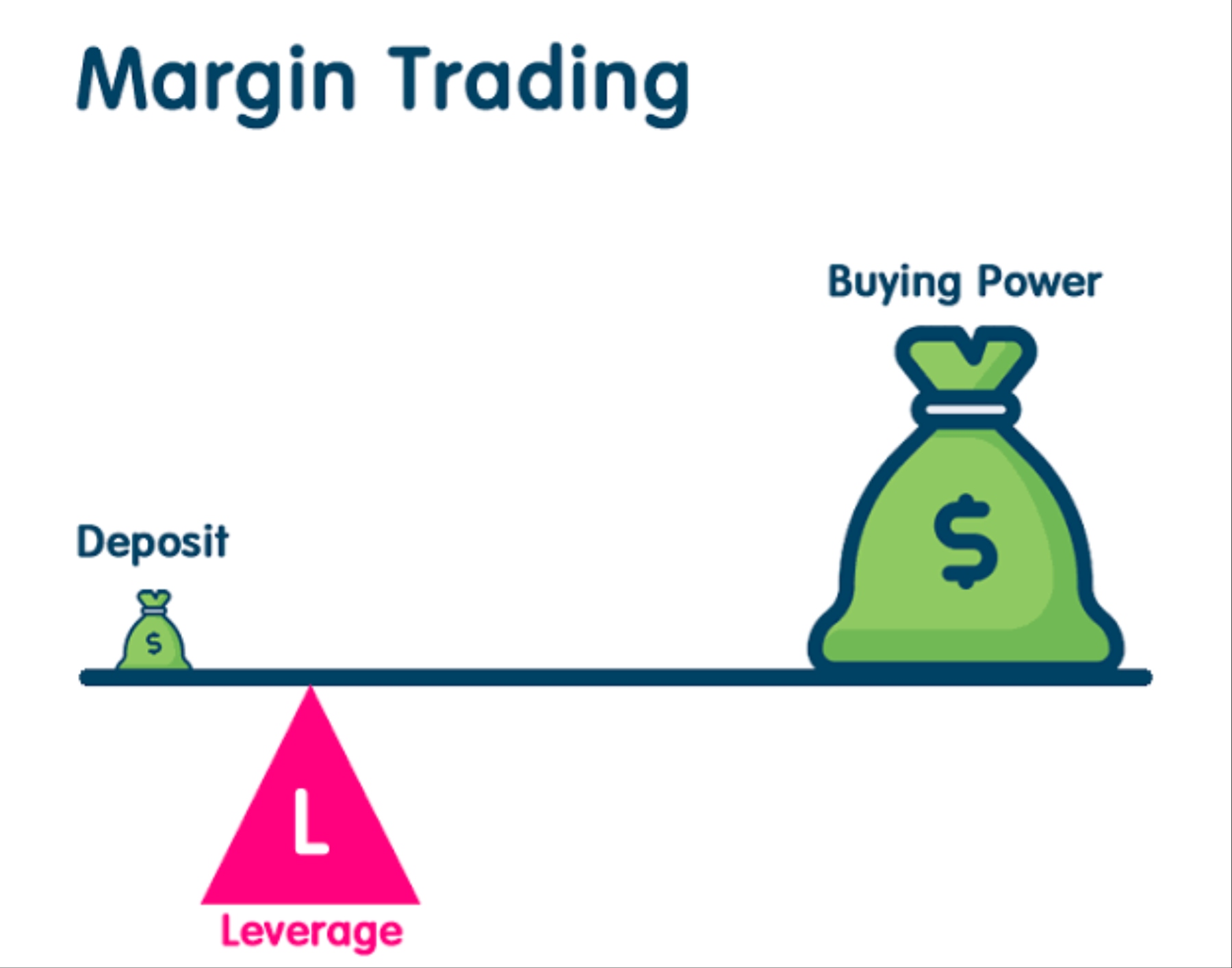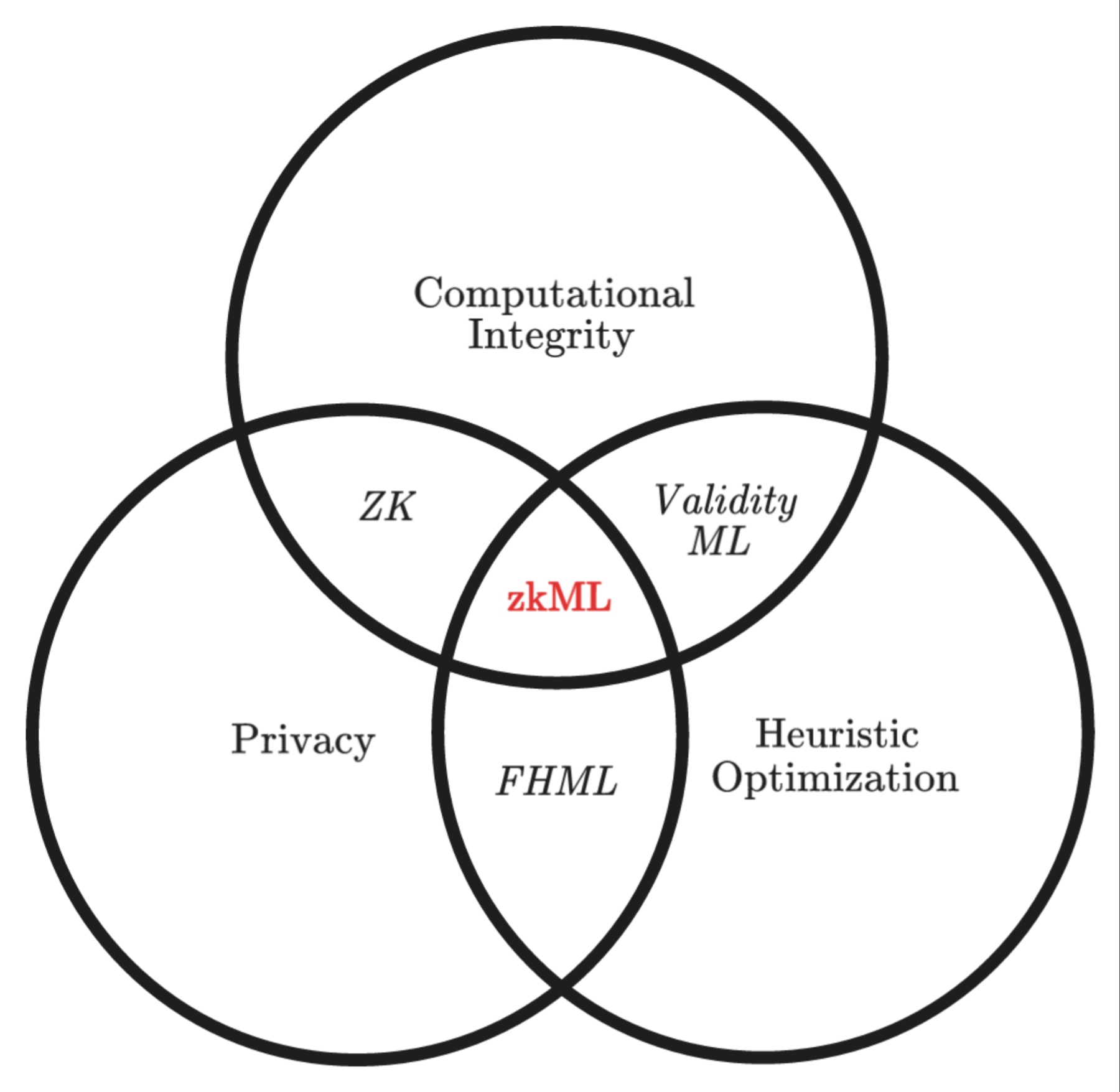Central Bank of Nigeria’s New Guidelines: Navigating the Regulatory Landscape for Crypto Industry.
The recent circular issued by the Central Bank of Nigeria (CBN) on December 22, 2023, titled "Guidelines on Operations of Bank Accounts for Virtual Assets Service Providers (VASPs)," represents a significant shift in the regulatory landscape for the cryptocurrency sector in Nigeria.
This regulation introduces a thorough framework that addresses several issues, such as the need for consumer protection in the ever-changing world of virtual assets, money laundering, and terrorism financing.
In this article, we will delve into the key implications of these guidelines and their potential impact on the cryptocurrency ecosystem in the country.
These regulations were first published in a February 2021 CBN circular that limited the ways banks and other financial institutions could manage cryptocurrency service provider accounts.
The fundamental justification stemmed from the perceived hazards linked to money laundering and financing of terrorism, in conjunction with the lack of clearly defined regulations and consumer safeguards in cryptocurrency.
In 2018, the Financial Action Task Force (FATF) revised Recommendation 15, emphasizing the need for Virtual Asset Service Providers (VASPs) to be regulated to stop their abuse for illegal purposes.
Nevertheless, the current circular signals a departure from the previous stance, acknowledging the evolving global landscape where many jurisdictions are adopting measures to regulate virtual assets.
Evolution of Crypto Regulation Globally
Over time, the regulatory environment surrounding cryptocurrencies has changed globally, with many nations realizing the need to set up precise frameworks to handle new opportunities and risks.
International standards have been largely shaped by the Financial Action Task Force (FATF), which has forced regulatory agencies to reconsider how they handle virtual assets.
Legal and Regulatory Landscape
The guidelines essentially acknowledge the need for VASP regulation in response to global trends. Furthermore, the Money Laundering (Prevention and Prohibition) Act of 2022, which recognizes VASPs as financial institutions and the regulatory framework that the Securities and Exchange Commission (SEC) unveiled in May 2022 emphasized the determination to synchronize Nigerian laws with global norms.
Operational Guidelines
A significant change from the previous regulations is the ban on banks holding, trading, or conducting transactions in virtual currencies on their accounts.
Rather, the guidelines prioritize the creation of accounts that are specifically meant for VASPs.
This change points to the adoption of more sophisticated and focused regulatory actions.
The designation of accounts, senior management approval for account opening, and strict documentation requirements for VASPs are important operational points.
These consist of certified copies of company records, proof of a current SEC license, and comprehensive data on directors and beneficial owners.
Transaction Restrictions and Reporting Obligations
The guidelines impose stringent limitations on the utilization of designated accounts, restricting them to transactions involving virtual or digital assets.
Third-party checks are not accepted, and cash withdrawals are forbidden. The purpose of these steps is to reduce the risks involved in conventional financial transactions.
Reports on designated account activities must be submitted regularly by financial institutions.
Transaction specifics, counterparty data, theft or fraud incidents, and customer complaints are all included in these reports.
This focus on reporting and transparency is in line with global guidelines for stopping illicit financial activity.
Risk Management Measures
Strong risk management procedures for Counter Proliferation Financing (CPF), Combating the Financing of Terrorism (CFT), and Anti-Money Laundering (AML) are included in the guidelines.
This demonstrates a proactive stance towards mitigating potential hazards linked to virtual assets, in line with worldwide endeavors to safeguard the soundness of financial systems.
Consumer Protection Measures
Consumer protection is a significant focal point in the guidelines. Systems against fraud risks are mandated, along with channels for customer complaints against designated account holders.
The establishment of a complaints redress mechanism underscores the commitment to safeguarding consumer interests.
Sanctions for Non-Compliance
The CBN has announced several penalties for non-compliance to guarantee adherence to the guidelines.
These consist of actions like making it illegal to open certain accounts, financial penalties, and even the suspension of business licenses.
The Central Bank now has a strong toolkit to enforce compliance in the financial sector thanks to these sanctions.
Implications for the Crypto Industry
For the cryptocurrency industry in Nigeria, these guidelines represent a pivotal shift.
They provide a structured regulatory framework, acknowledging the global trend of regulating virtual assets while maintaining a vigilant approach to risks.
These guidelines' release has significant implications for Nigeria's cryptocurrency market, influencing its future in several ways:
-
Regulatory Clarity:
The guidelines bring VASPs into the official financial system and offer much-needed regulatory clarity. It is anticipated that this clarity will increase confidence among market players and draw in developers, investors, and other stakeholders.
-
Integration of VASPs into the Financial System:
An important step toward incorporating virtual assets into the larger financial system is the recognition of VASPs as financial institutions. This acknowledgment might help cryptocurrencies become more legitimate and well-liked in Nigeria, which might draw in more users.
-
Stricter Compliance Measures:
The guidelines impose strict compliance requirements in addition to promoting greater transparency in the cryptocurrency sector. Smaller players might find it difficult to meet these requirements, which would mean they would need to adjust to the changing regulatory environment. -
Consumer Safeguards:
Prioritizing consumer protection measures shows that one is dedicated to defending the rights of users in the cryptocurrency market. By putting a strong emphasis on consumer protection, the crypto industry may become more stable and safe by increasing user trust and reducing the risk of fraud.
Compliance with these guidelines becomes imperative for businesses in the virtual asset space, signaling a move towards a more regulated and accountable environment.
Conclusion
The CBN's release of these guidelines represents a major turning point in Nigeria's cryptocurrency industry regulations.
It exhibits a nuanced strategy by addressing the risks associated with virtual assets while also recognizing their potential.
Stakeholders must maintain constant watch and pay attention to any changes made by the CBN as the industry negotiates these regulatory waters to guarantee long-term, ethical operations in the nation.
Do you need help navigating the crypto space? Not sure of what to do?, sign Up with Crypto Smart. Crypto smart
About Crypto Smart
Crypto Smart is a B2B Crypto Asset Management company founded in January 2021 by Karla Obakpolor, a blockchain business developer and Algorand ambassador in 2020.
The company offers fast and secure services that are based on a well-encrypted system with 24/7 customer support services. It has grown from offering its services to individuals, companies, and major enterprises as well as providing crypto education through various crypto courses.
Crypto Smart upscaled to the Algorand blockchain and offers blockchain products which include SmartChange; a cross-chain P2P marketplace, Bitsave Protocol; and a SaveFi protocol that combines savings with DeFi.
Website | LinkedIn | Twitter | Instagram | Telegram | YouTube | Email | Crypto Education | Discord | Reddit | Medium



